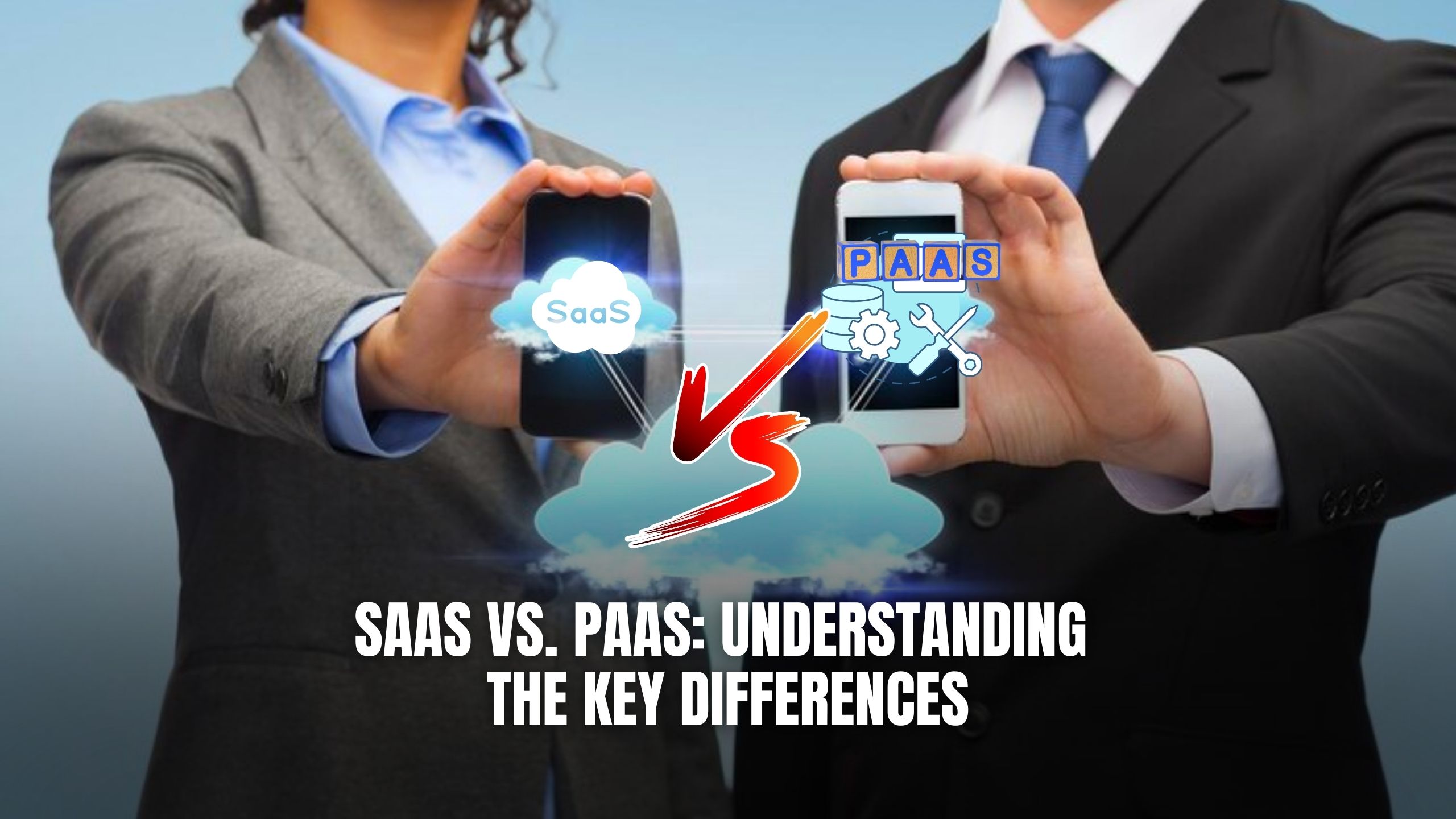SaaS vs. PaaS: Understanding the Key Differences
- WebOps Platforms Bug Tracking & Feedback Software Web Development & Design


SaaS vs. PaaS: Understanding the Key Differences
When it comes to cloud computing, two commonly used terms are Software as a Service (SaaS) and Platform as a Service (PaaS). While they share similarities, they serve distinct purposes and cater to different needs. Let’s delve into the key differences between SaaS and PaaS to gain a better understanding of their functionalities and applications.
1. Definition
SaaS refers to software applications that are hosted and maintained by a third-party provider and accessed over the internet. Examples include email services like Gmail, project management tools like Trello, and customer relationship management (CRM) software like Salesforce. On the other hand, PaaS provides a platform allowing customers to develop, run, and manage applications without the complexity of building and maintaining the underlying infrastructure. Examples of PaaS offerings include Google App Engine, Microsoft Azure, and Heroku.
2. Deployment
In SaaS, applications are typically accessed through a web browser, eliminating the need for users to install, configure, and manage software locally. This makes SaaS solutions convenient and accessible from any device with an internet connection. In contrast, PaaS provides developers with a platform to build, deploy, and manage applications without having to worry about underlying infrastructure components such as servers, storage, and networking.
3. Customization
SaaS applications are generally designed to be user-friendly and offer limited customization options to accommodate a broad range of users. While some customization may be available through configuration settings, SaaS solutions are not typically tailored to the specific needs of individual organizations. PaaS provides enhanced flexibility and control for application development and customization. Developers can leverage PaaS platforms to create custom applications that meet their unique requirements.
4. Scalability
SaaS applications are built to scale horizontally, meaning they can accommodate a large number of users without significant performance degradation. However, scalability is often limited to the capabilities provided by the SaaS provider. In contrast, PaaS offerings provide developers with the tools and resources to build highly scalable applications that can handle fluctuations in user demand more effectively. This scalability is achieved through features such as auto-scaling and load balancing.
5. Integration
SaaS applications are designed to be standalone solutions that can be easily integrated with other software systems and services through APIs (Application Programming Interfaces). This allows organizations to connect their SaaS applications with existing infrastructure and data sources. PaaS offers a platform for developing custom applications integrated tightly with the organization’s technology stack.
Relevant SaaS Products:
- Salesforce: Leading CRM platform for managing customer relationships and driving sales.
- Google Workspace: Suite of productivity tools including Gmail, Drive, Docs, and more, accessible via the cloud.
- Microsoft Azure: Comprehensive cloud computing platform offering a wide range of services for building, deploying, and managing applications.
- Heroku: Platform for building, deploying, and scaling web applications quickly and easily.
- Subscribed.fyi: Unlock exclusive deals on essential SaaS tools and platforms to optimize your cloud strategy and drive business success.
Conclusion
In summary, while both SaaS and PaaS are integral components of cloud computing, they serve different purposes and cater to distinct use cases. SaaS offers accessible software, while PaaS supports custom app development, deployment, and management. Understanding the differences between SaaS and PaaS is essential for organizations looking to leverage cloud technology effectively.
Elevate Your Cloud Strategy with Subscribed.fyi!
Ready to explore the world of cloud computing and optimize your technology stack? Subscribed.fyi offers exclusive deals on essential SaaS tools and platforms, including both SaaS and PaaS offerings. Sign up for free to unlock secret deals and access savings on cloud solutions that can drive innovation and efficiency for your business.
Relevant Links:








